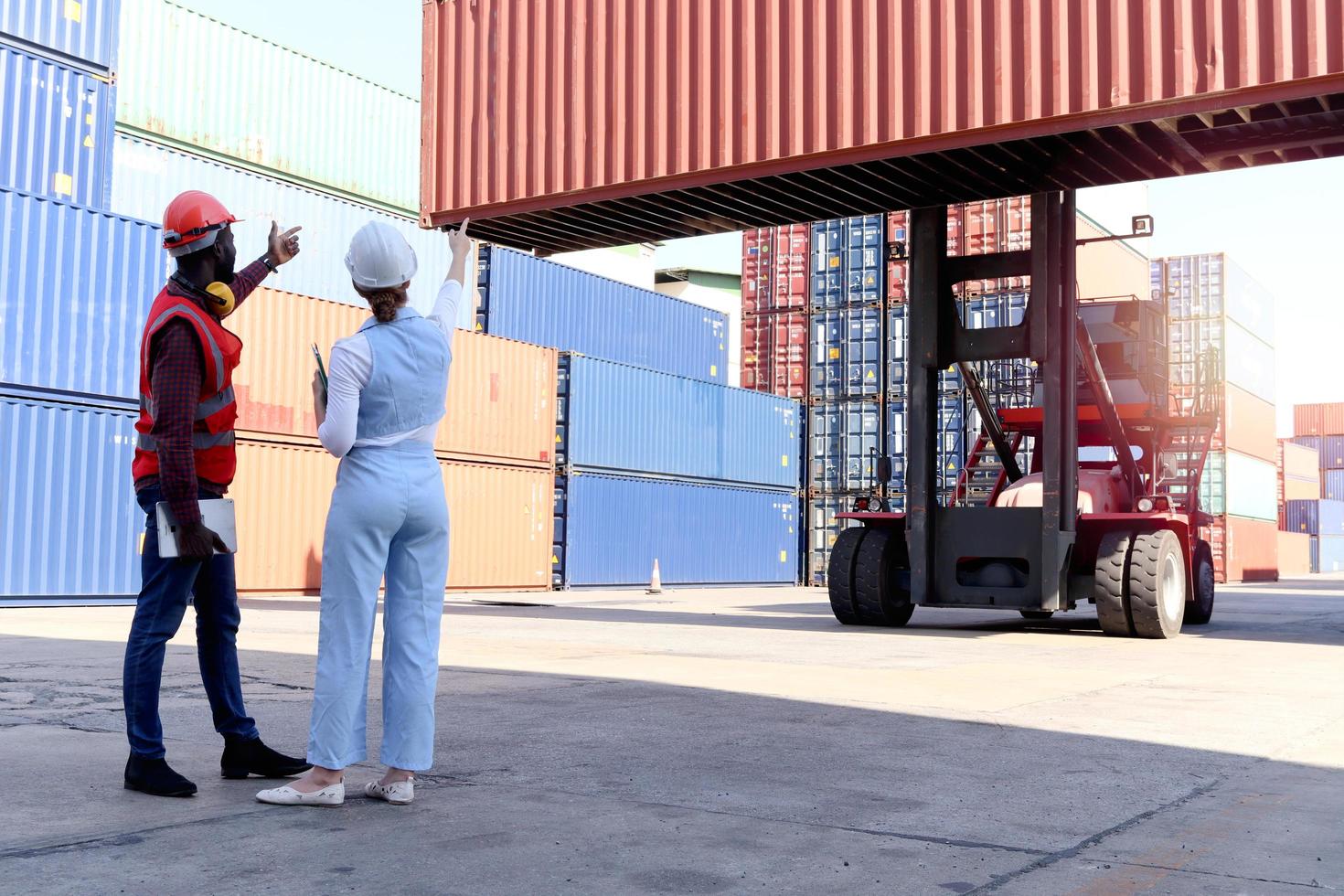5 Common Custom Clearance Mistakes That Delay Shipments
Ports, Carriers & RoutesWhether you are importing luxury fabric or exporting electrical products, the way that the customs is clearing your products through them, is one of the most important passages that can either keep your supply chain on the straight and narrow- or can lead to delays.
Even an already established business can fail at the custom clearance process. These hiccups may not seem important yet they can be converted to large fines or even loss of freight or seizure.
These are four typical mistakes of custom clearances that are likely to most frequently cost the shipments delayed times, and how these are prevented with the trendy and sensible tips.
- Lack or Incomplete Recording
It is the ultimate culprit of stalls at customs. To show the content of the shipment, its worth, and whether it is illegal in one way or the other, governments require some paper work. Lack of either of them can hold up your commodities.
Examples of Documentation errors that are common include:
- Incorrect or missing Commercial Invoices
- Inadequacy of Packing List or Bills of Lading
- Mistake in the explanations of the product or improper Harmonised System (HS) codes
- Unaligned data in papers
The means of preventing it:
- Come up with a documentation check list and recheck each two times.
- Use recognized terminologies and accurateness of any product in each document.
- Keep updated to the demands in a country and have backup files kept in soft copies.
- Misjudgement of The Value of Goods
Intentionally or unintentionally underpricing products in order to pay reduced duty can invite more customs problems. Government officials investigate reported values especially when they appear contrary to the kind of product.
Consequences include:
- Penalties and fines on misdeclaration
- Reading and potential expropriation of products
- Perpetual negative impact on the reputation of your company with the customs interests
Best practices:
- Never under declare or under quote the transaction price, which is cost, insurance and freight (CIF).
- Present clean and full invoices that support your amount claimed.
- Provide the supporting documents in case there are some discounts or special rates.
- Disregarding the Country Specific Regulations
Every nation has those regulations that apply to imports, and these regulations might include packaging, labelling, safety, or permits of products. Failure to observe such may lead to significant bottlenecks- regardless of the perfection of your paper work.
Some are:
- Labels that lack some necessary details (e.g. ingredients, origin, safety warnings)
- Improper packaging materials (inappropriate plastics such as non-biodegradable ones)
- Non availability of permits to import regulated products such as pharmaceuticals or electronics
How can one be ahead:
- It is always good to research far ahead of the requirements of the visiting country.
- Make sure that the labels are in the applicable language and at the local standards.
- We should also find out whether goods require special certification or importation licences.

- Misconception on Incoterms and Responsibilities
Incoterms are (International Commercial Terms) identifiers that state who is in charge of what in the shipping process. A misunderstanding of these may result in arguments, delays and unsuspected costs.
Common misunderstandings:
- Presuming that the buyer or the seller will cover the tasks of clearing the custom duty and taxation
- The lack of knowledge of who is transport or insurance responsible
- Inclusion of ambiguous/uncertain Incoterms in the contracts or shipping documents
This can be prevented by doing the following:
- Write down clarifications of Incoterms (such as FOB, CIF and DDP) prior to the commencement of shipping.
- Notify duties to both sides (supplier, carrier, consignee).
- Educate your logistics or procurement department as to the effect that Incoterms have on custom clearance.
Custom Clearance Bonus Tips
Even after you have historically avoided the major errors mentioned above there exist other measures that you can adopt to make the experience smooth without hitches:
- Prepare to deal with high seasons. Festive periods or congestion at ports may also likely cause delays hence it is advised to add some buffer time.
- Puzzle in a custom house brokers license. Their experience may be priceless when it comes to circumventing red tape and local laws.
- Keep posted on the change in regulations. The regulations of customs are subject to change. Staying ahead of updates would make you compliant.
- Computerise your records. By using electronic filing, one will not only hasten the pace, but also the risk of losing important documents is minimised.
The Bottom line
The custom clearance can prove to be a blessing or curse in case of international logistics. It outlines nothing regarding box-checking, but an opportunity to master the language of global trade, details and be able to track ever-changing rules.
By being proactive, the businesses are able to:
- Reduce the waiting time and unnecessary fines
- Fix a credible shipping profile with the custom authorities
- Promote supply chain reliability and satisfaction to customers
The process of cleansing up of the customs does not have to be a headache. You have your plan, you have your equipment and a bit of information on the industry and your cargo can be shipped across the borders as easily as you have planned it on your papers.


